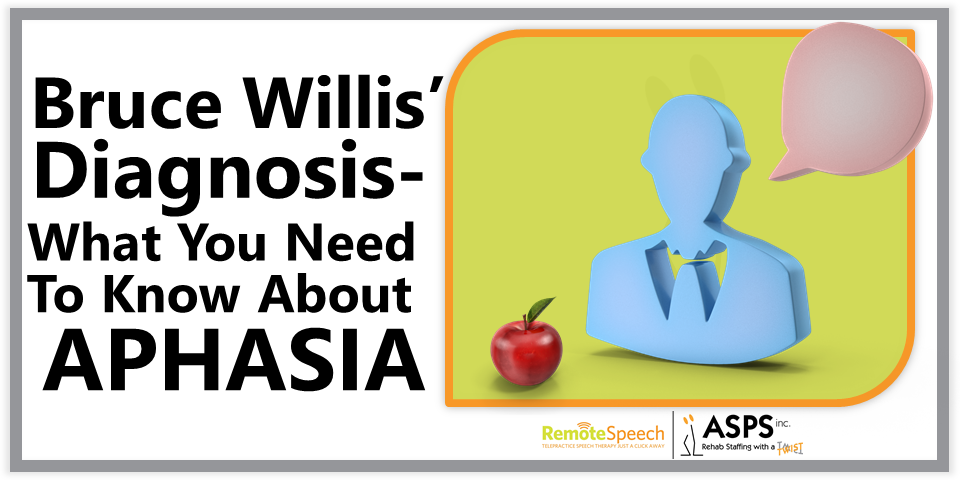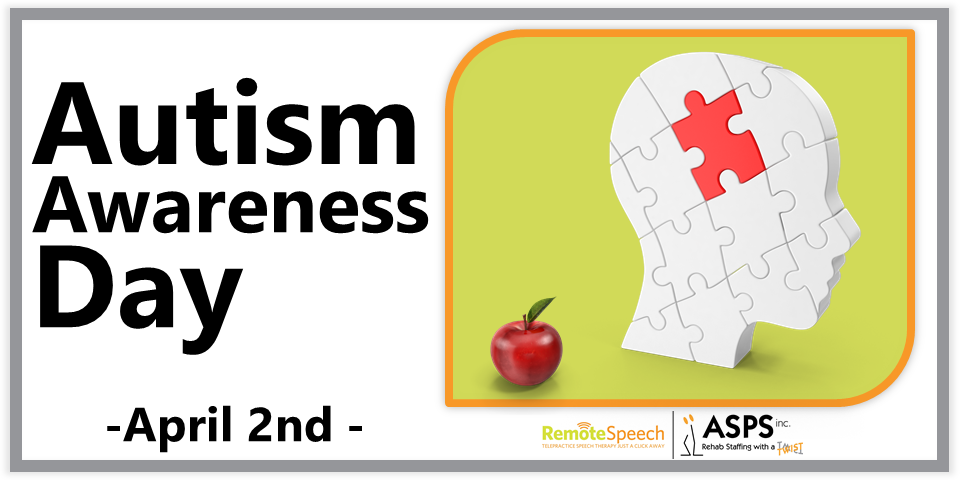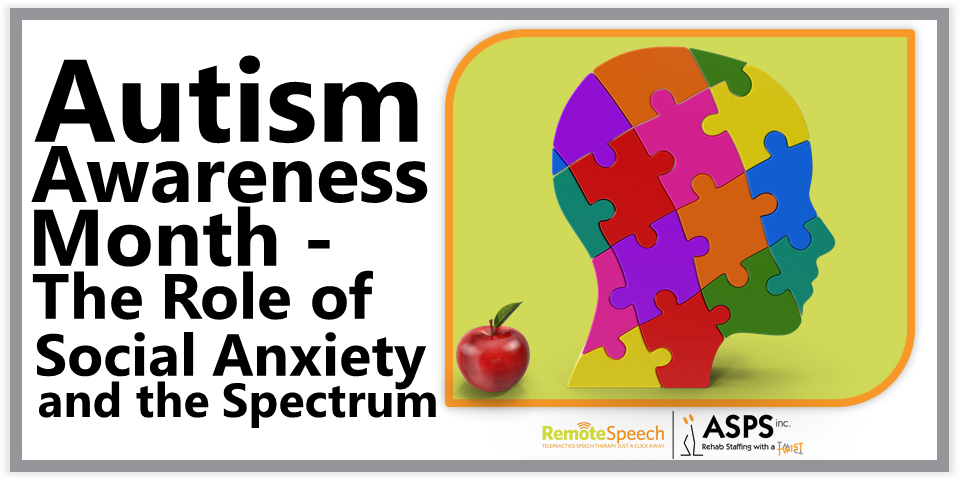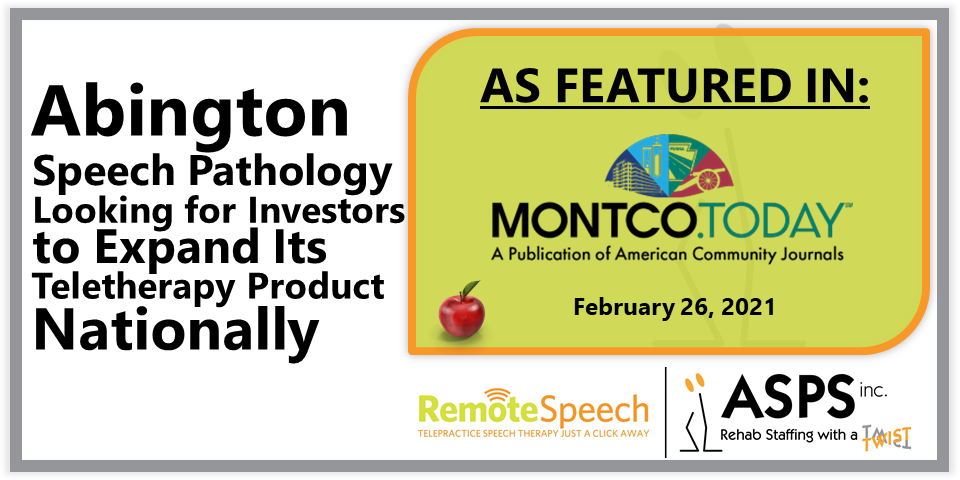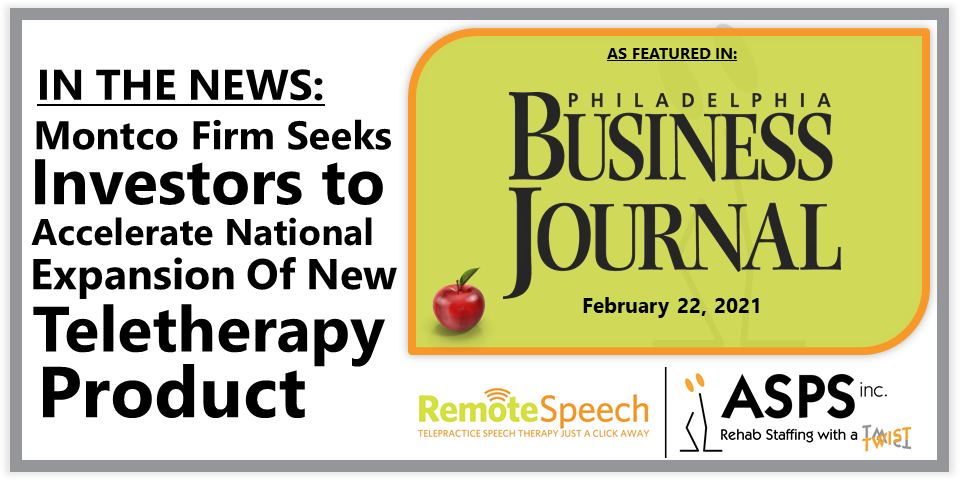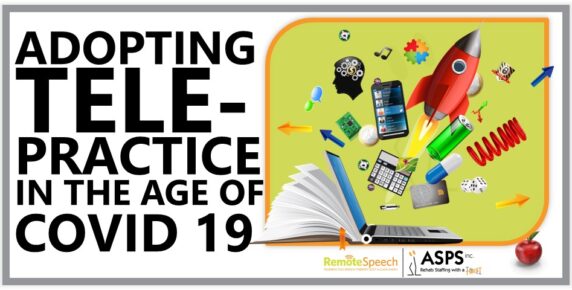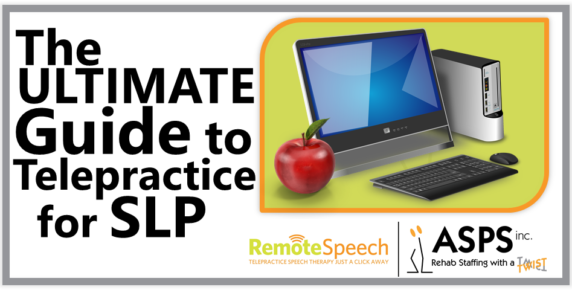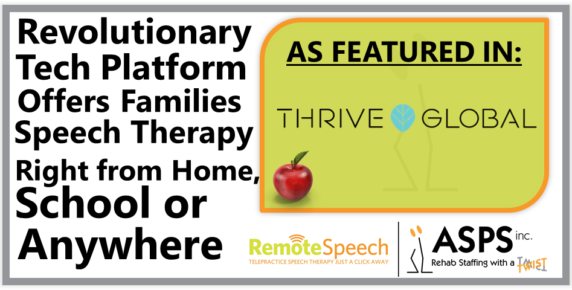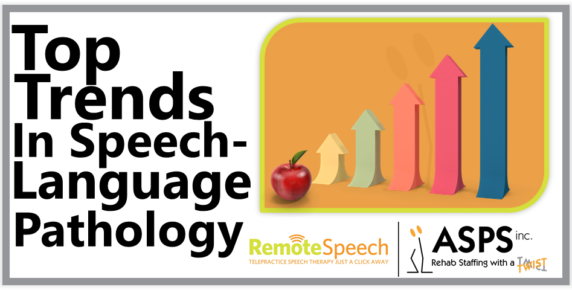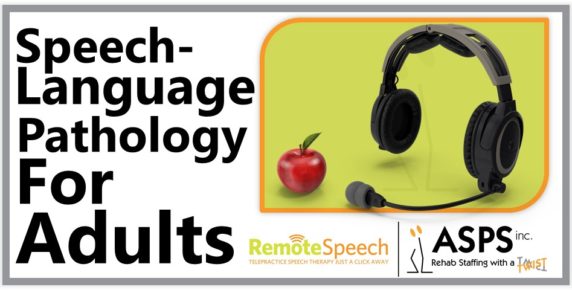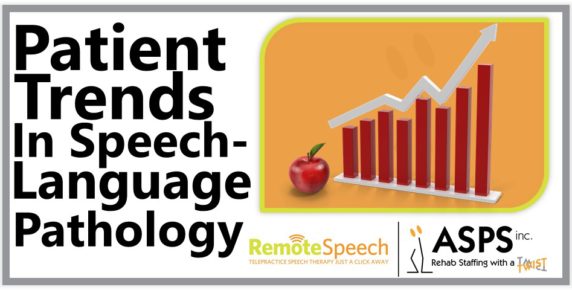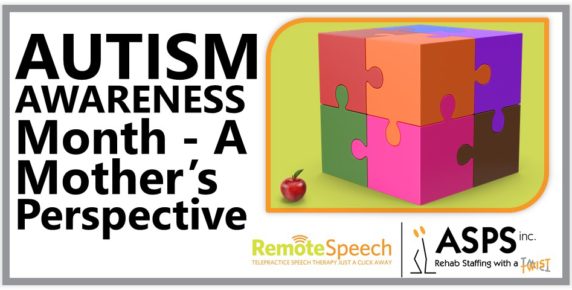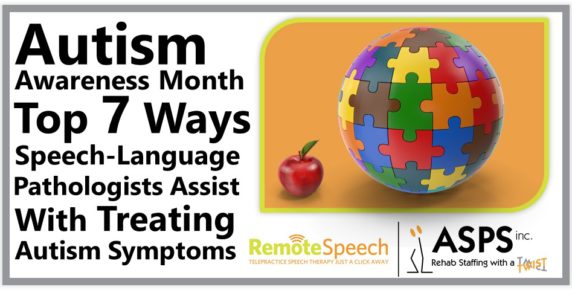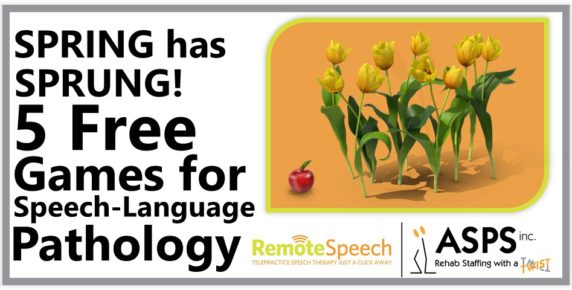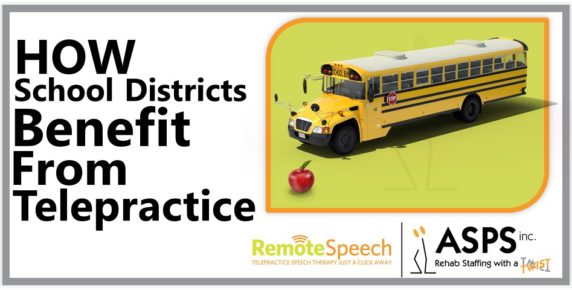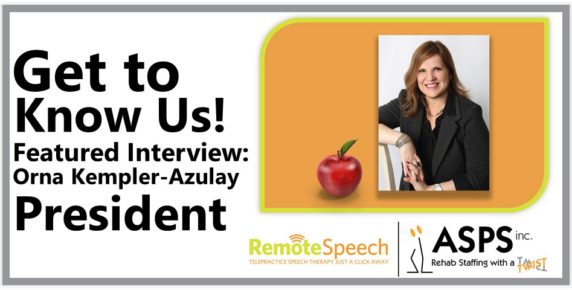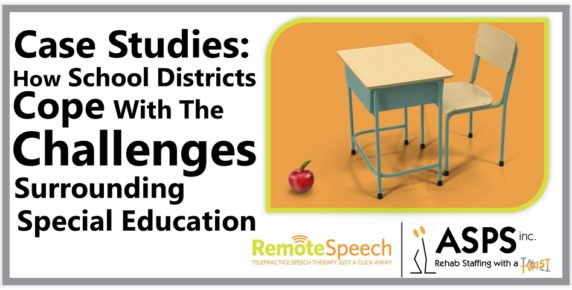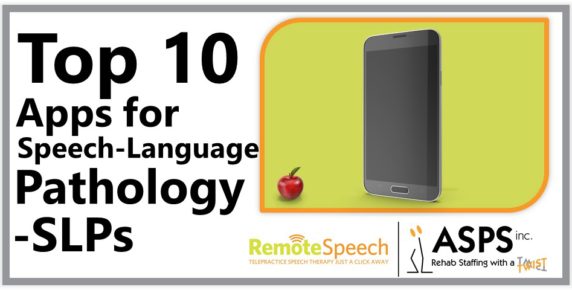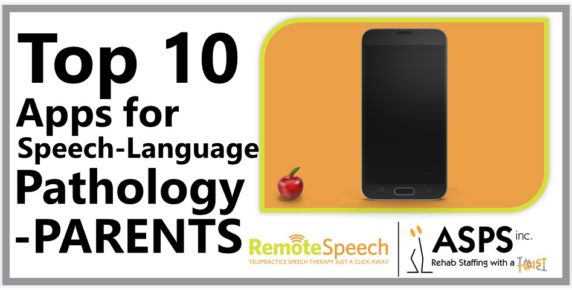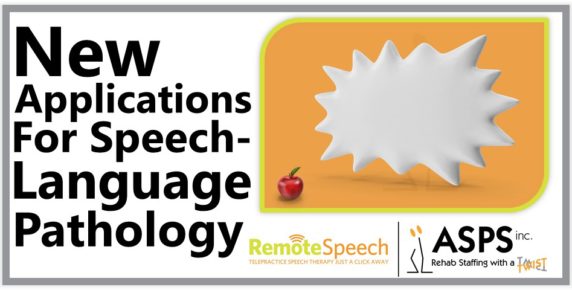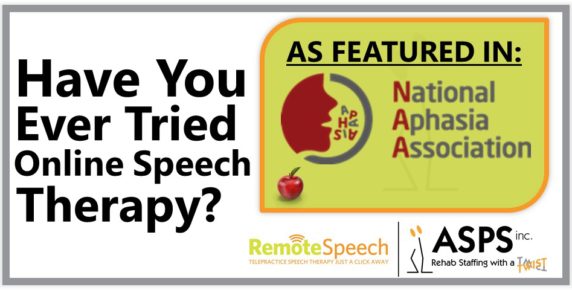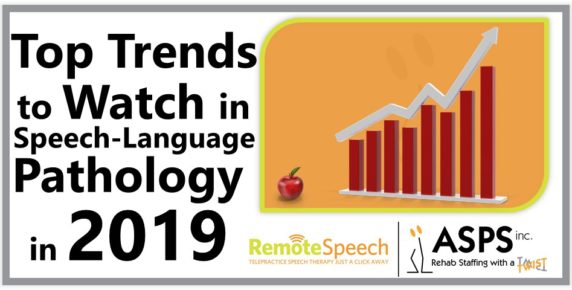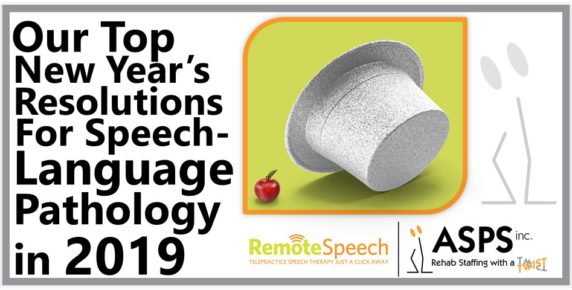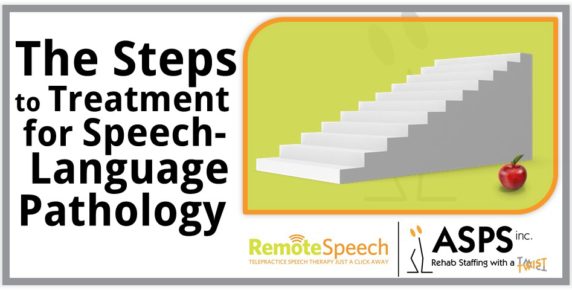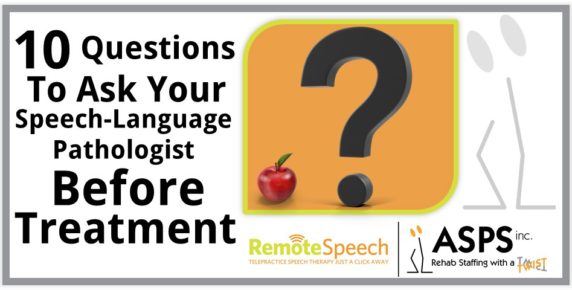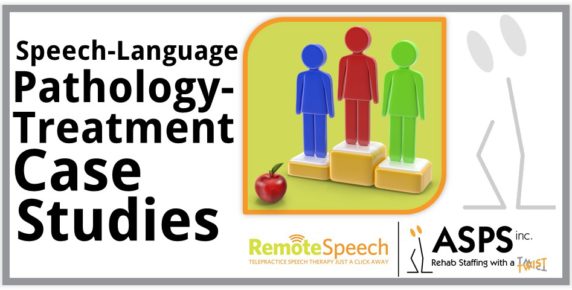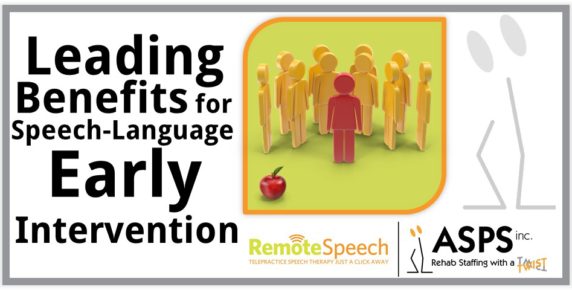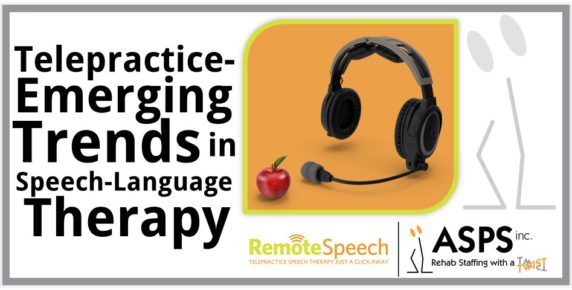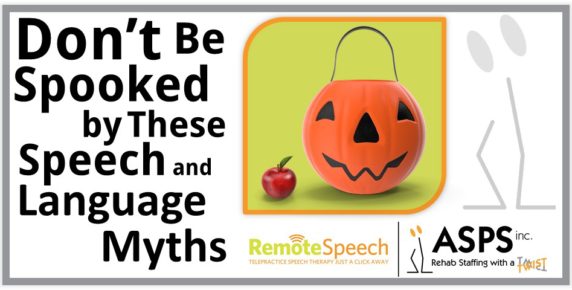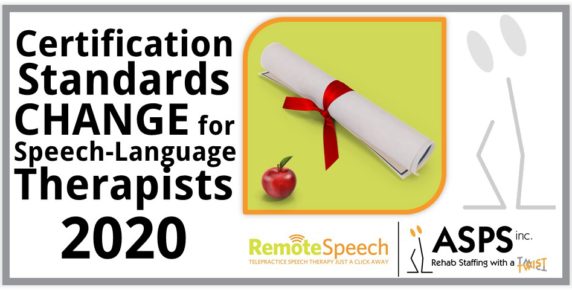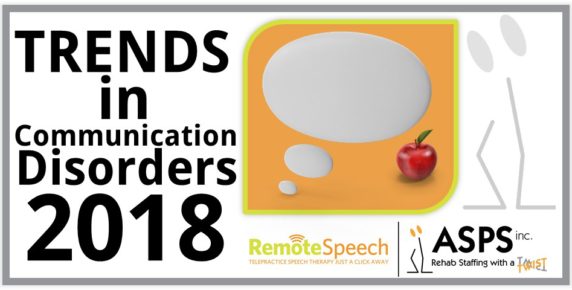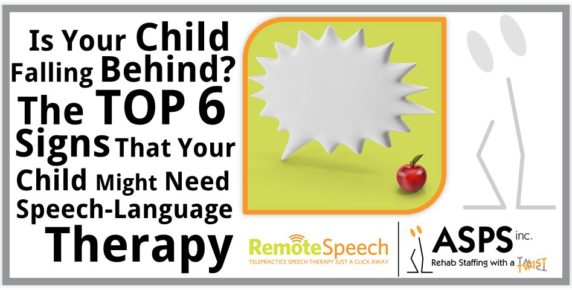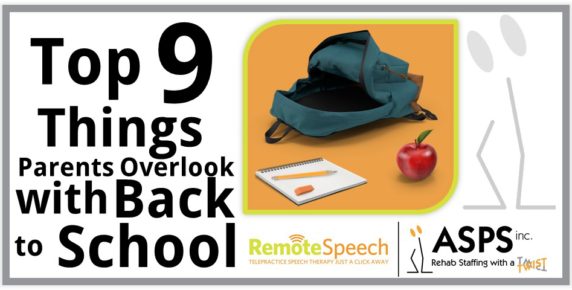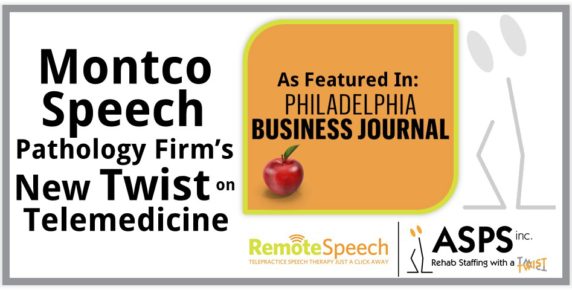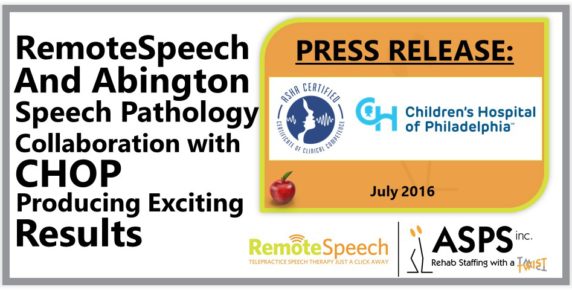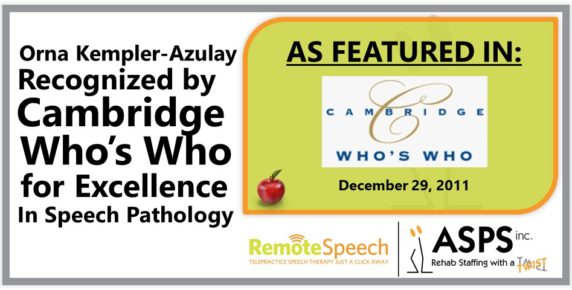
After Orna Kempler-Azulay finished high school, she faced an all-too-familiar question: Now what?
The Rehovot native returned to Israel — she and her parents moved to Los Angeles when she was younger — and joined the Israel Defense Forces as a lone soldier.
When she came back to California, a relative suggested speech pathology. She observed a professional at California State University, Northridge and loved it.
“It had a little bit of medical, it had a little bit of psychology — it was a very open field in regard to what you could do later in life when you are a ‘grownup,’” she explained, “so it was really an attractive profession for me.”
She went to Northridge for undergraduate studies in communicative disorders and later got her master’s in the subject from the University of the Pacific, Stockton. She then became a licensed speech-language pathologist.
She and her husband moved to the Philadelphia area while he went to Temple’s dental school. She contracted her services and eventually opened her own company, Abington Speech Pathology Services, Inc. — it began in her basement before outgrowing the space and opening on the West Coast with a Laguna Hills, Calif., clinic — to provide services to schools, hospitals, and retirement communities.
Now, she’s moving ahead with a new service: telepractice.
Her company launched RemoteSpeech — which allows therapists to provide teletherapy services over high-definition video calling — last September and, as May is Better Hearing & Speech Month by American Speech-Language-Hearing Association (ASHA), Kempler-Azulay hopes to continue spreading the word.
“It’s providing online, live therapy with clients where, if it’s pediatrics, it could be those kids that are homebound, it could be kids or schools — we staff entire school caseloads via RemoteSpeech — because the schools are in the very inner city where it’s not attractive for a therapist to take that position,” she said. “We can staff remote schools like up in the boondocks, in very rural areas where there’s not an abundance of professional staff.”
She noted that there’s a shortage of speech pathologists to fill the need and with this service, kids and adults who need therapy are able to receive it with just a click of a button.
Per ASHA guidelines, as long as a therapist is licensed for the state where the service is delivered, they can be anywhere, she added.
“So if the child lives in Pennsylvania and I have a Pennsylvania license, I could live in Alaska and I could still chime in and give him therapy,” she explained. “We open up another avenue because there’s such a shortage in our field; we don’t yield enough therapists for the need that’s out there.”
The key factor with RemoteSpeech’s success is technology, especially for schools that are tight for money but required to provide therapy services for students who need it.
“What’s good about today, no matter the location of the school, even the worst of neighborhoods, they have the technology available to them,” she said.
All the students have to do is log on with their meeting number during a specific time slot and meet with their therapist. Parents can log on as well if they want to see the session.
“Technology is something very attractive to the younger generation, and they forget that they hate the therapy because they’re now doing it through the computer,” Kempler-Azulay said.
They forget that they’re even doing therapy, she added, which can include flashcards and technologically enhanced games.
The service can be used by adults, as well, though she noted it can be tricky because not all insurance covers it.
For her, the biggest benefit is being able to provide a service that could help someone who didn’t even know it was an option.
“It’s been nice with adults. You have grown-up kids that live away from their parents and they’re worried, ‘How will my elderly father get this therapy?’ or ‘Is he talking to anyone?’ and it’s almost like a companion, and yet also working on goals of memory and cognition and activities of daily living. All around, it’s a wonderful thing,” she said.
It’s not for everyone, she added, “but it’s one more option on the menu.”
“We’re the gluten-free or vegan option — it’s not for everyone. Not everyone will pick it,” she said.
Abington Speech did joint research with the Children’s Hospital of Philadelphia Center for Childhood Communications on how 20 Philadelphia middle and high school students perceive teletherapy. They presented their findings at the 2016 ASHA Convention in Philadelphia in November.
“Over 60 percent said they wanted speech [therapy] the next year, which is ridiculous — no one wants speech ever,” she said excitedly, “and over 85 percent preferred it over conventional therapy. That’s their medium of choice today. They’d rather text than talk. They’d rather Skype than have a real playdate. It’s just kind of the way it is.”
Now using RemoteSpeech with five schools in Pennsylvania and soon New Jersey, the biggest benefit is “the kids are getting services, and that’s very rewarding,” she said.
“We can get them the help that they need.”
If you believe that your child would benefit from a formal screening from licensed, speech and language pathologist, click here to schedule a complimentary assessment by one of our licensed partners.










